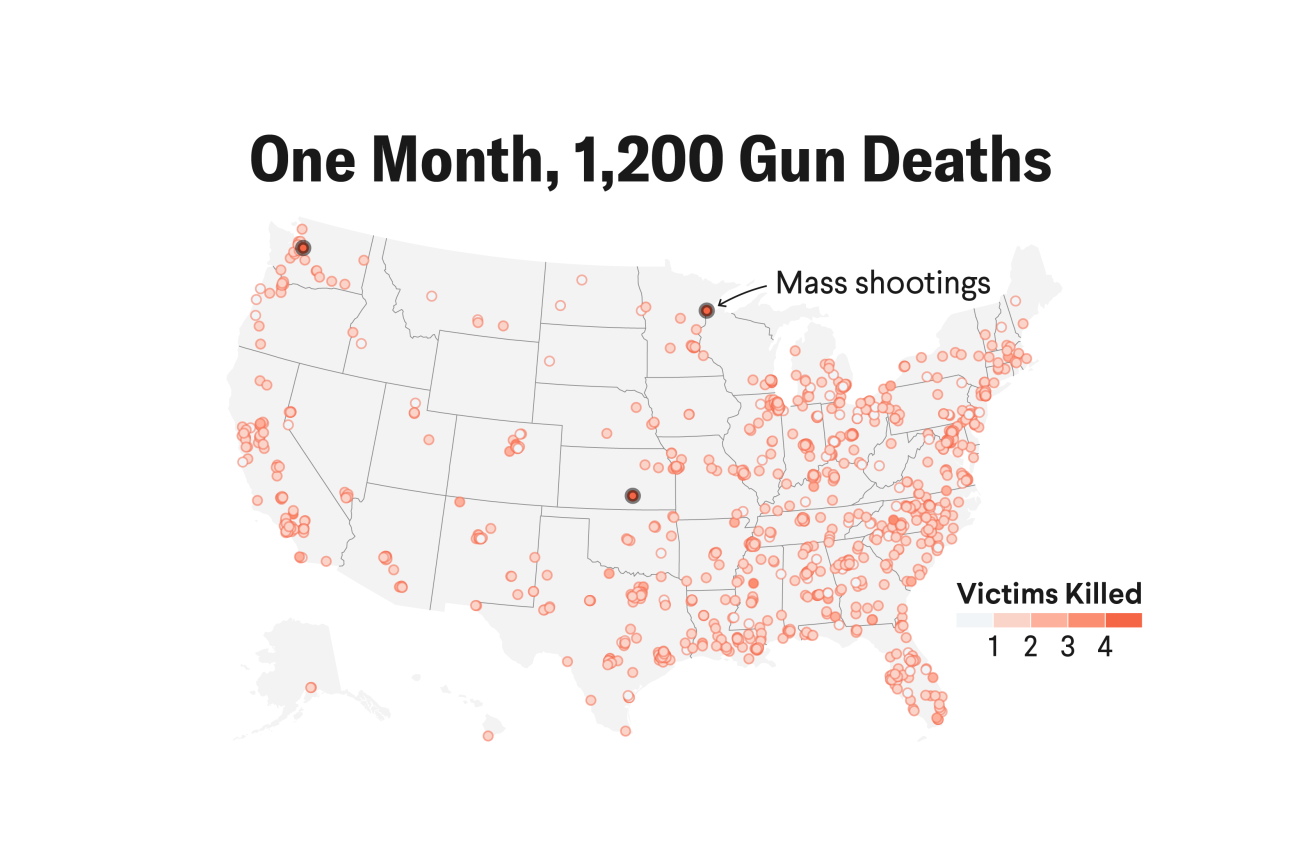Caroline Nobo
Caroline Nobo is a research scholar in law and executive director of the Justice Collaboratory at Yale Law School, where she provides strategic direction and leadership to the Justice Collaboratory's unique network of interdisciplinary scholars and staff. Her research as a criminologist focuses on promoting transparency and trust in the criminal legal system. Her expertise includes policing, gun violence, data systems, community-based research methodologies, and the progressive prosecutor movement.
Nobo is the co-author of the 2023 book Legitimacy-Based Policing and the Promotion of Community Vitality. She is often featured translating research into policy for broad audiences, in media outlets such as USA Today. Her recent work has been featured internationally including in The Hill, Salon.com, the Memory Motel podcasts, and Narativ storytelling workshops. She lectures at universities across the country including Harvard, Yale, and the University of Pennsylvania law schools. Caroline sits on the board for a Connecticut non-profit serving incarcerated parents and their children (CLICC).
Prior to joining Yale, Nobo was the Director of Data Outreach for the non-profit Measures for Justice. She was an original member of the start-up and ultimately became a critical leader in charge of the design, scale, and implementation of MFJ's national data collection plan. She also worked as a criminologist at Abt Associates in Cambridge, Massachusetts, where she specialized in drug control policy, was the National Site Liaison for the ADAM II program, and performed HIDTA audits for the Executive Office of the White House. She began her career as a research assistant at both the University of Pennsylvania's School of Social Policy and Practice and at Arizona State University's Center for Violence Prevention and Community Safety.
Nobo holds a MS in Criminology from the University of Pennsylvania and a BA in Sociology from Mount Holyoke College.
